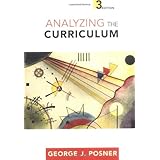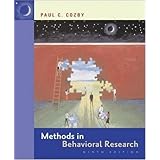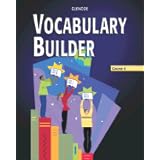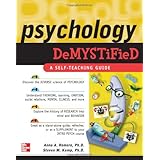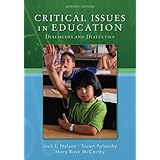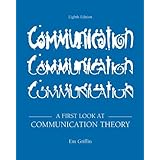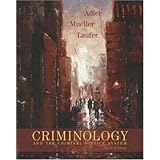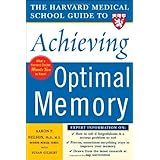
Average Reviews:

(More customer reviews)If you are interested in this book, you are probably over 50 and are concerned whether your occasional memory lapses are normal or early symptoms of something serious. This book does an excellent job at fleshing out the difference between the two
However, the author explains there are two schools of thoughts. Some neurologists view memory deterioration on a continuum directly related to age. These view Dementia and Alzheimer's as almost inevitable if we were to live an extremely long life. A supporting statistic is that 47% of individuals 85 years or older do have Alzheimer's. Other neurologists do differentiate between normal aging and disease. They don't view Alzheimer's as inevitable.
The author advances many steps you can take to preserve your memory. Most of those are lifestyle driven to maintain a healthy cardiovascular system (eat fresh produce, avoid saturated and trans fats, take vitamin supplements, do lots of aerobic exercise). Indeed, what is good for the heart is very good for the brain. Brain fitness depends greatly on how well it is irrigated by blood vessels. The author also mentions behavioral steps to preserve memory. Those include becoming an active lifelong learner, remaining engaged in hobbies and community. He also mentions steps to improve your memory including using a PDA to log in daily schedule and using mnemonic techniques to remember grocery lists.
The book also reveals not so well known info. He shares a very long list of prescription drugs that do affect cognitive function. He also indicates that heart surgery, cancer, and cancer treatments can impact memory. He also indicates that vitamins C & E combined are as effective as prescription drugs in lowering the risk and managing early symptoms of Alzheimer's. He also does an excellent job at differentiating inherited risk vs genetic risk. It is not the same thing. You are at greater risk of getting Alzheimer's (AD) if your mother had it only if you also carry the gene Apolipoprotein e4.
Realize that there is much dissidence on the subject. We don't understand a whole lot about the brain. Experts have contradictory but equally well supported opinions. The author suggests that beyond doing all the right things you probably cannot delay onset of AD for long. Leading prescription drugs can manage and defer serious symptoms for just about 6 months to a year. Meanwhile, other specialists (Shankle & Amen authors of "Preventing Alzheimer's") maintain you can defer AD by as much as 6 years if you take care of symptoms early. Additionally, they contrary to this author, state that AD has a strong inherited risk component (this suggests that the inherited risk is correlated to the genetic risk).
Only by reading several books on the subject can you wrap your brain around it. Nevertheless, there is consensus that good living and learning is the best you can do for both your body and your brain. Besides the inevitable intellectual dissonance associated with this subject you still get confirmation of what to do to optimize your brain.
Click Here to see more reviews about:
Harvard Medical School Guide to Achieving Optimal Memory (Harvard Medical School Guides)This is the latest, best information on how to make your memory the best it can be, from a leading doctor in the field. It covers how much lifestyle factors such as sleep, nutrition, and exercise, affect memory, how to tell if you need to see a doctor, and gives proven ways to build your memory power. It is written by a world-renowned authority at Harvard Medical School and Brigham and Women's, consistently ranked as one of the leading hospitals in the U.S. It contains the latest, best, medical practices as well as what we know about alternative approaches, and a recommended lifestyle program. It covers the latest research on topics such as sleep's role in memory, what is "normal" memory as we age, and what to do about "senior moments." It contains boxed items sprinkled throughout, on topics such as "Medical Myths" and "Questions Patients Ask."
 Get 32% OFF
Get 32% OFF
Click here for more information about Harvard Medical School Guide to Achieving Optimal Memory (Harvard Medical School Guides)



